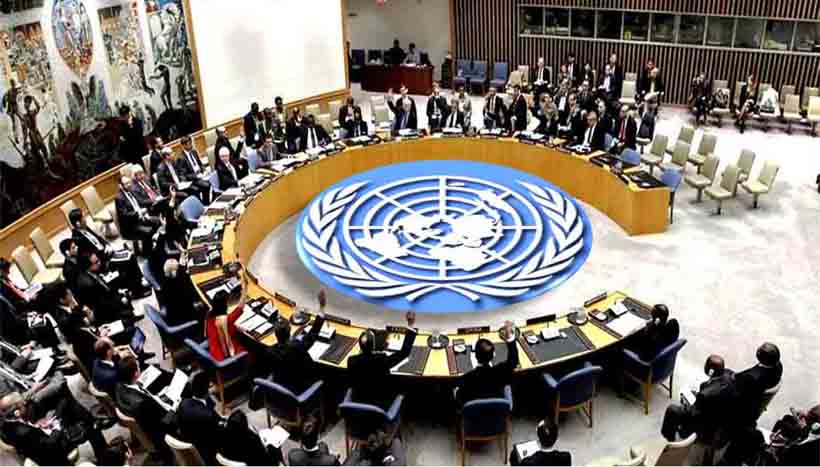The recent remarks by India’s Permanent Representative to the United Nations shed light on a longstanding issue plaguing the effectiveness and legitimacy of the UN Security Council. The facts that Kamboj highlighted are the challenges posed by what she termed “disguised vetoes” within the Security Council’s mechanisms, particularly in the context of addressing global terrorism emanating from Pakistan-based groups. This veiled reference to China’s repeated use of veto power underscores a broader concern regarding the opaque and unaccountable nature of decision-making within the Council. At the heart of Kamboj’s message lies a call for meaningful reform aimed at revitalising the Security Council’s capacity to respond effectively to contemporary global challenges. She rightly points out that the current composition of the Council, reflective of a bygone era shaped by Cold War dynamics, no longer aligns with the realities of the 21st century. Indeed, the outdated structure of the Council not only undermines its credibility but also obstructs the pursuit of consensus-driven solutions to pressing international issues.
Central to the issue of Security Council reform is the contentious issue of veto power held by its permanent members. The Indian representative’s characterization of these “hidden vetoes” as impediments to diplomatic progress underscores the need to address the imbalance of power within the Council. The veto power, while intended to safeguard the interests of major powers, often results in gridlock and inertia, preventing meaningful action on critical matters such as counterterrorism and peacekeeping efforts. Moreover, Kamboj’s reference to the African Union’s inclusion as a permanent member of the G20 at the New Delhi Summit highlights the potential for broader representation and inclusivity in global decision-making forums. Such initiatives underscore the importance of embracing diversity and amplifying the voices of underrepresented regions in shaping the international agenda. The urgency of Security Council reform is further underscored by Kamboj’s critique of the interGovernmental negotiation process, where entrenched interests have stymied progress for decades. This persistent deadlock not only undermines the credibility of the UN but also erodes confidence in multilateralism as a viable means of addressing global challenges.
On the reform of the United Nations Security Council, several key areas have been widely discussed and proposed. One of the most prominent demands is to expand the number of permanent and non-permanent members of the Security Council to better reflect the contemporary geopolitical landscape. This could include emerging powers such as India, Brazil, Germany, and Japan, as well as expanding the number of non-permanent seats to ensure greater representation from different regions of the world. Most importantly, the veto power held by the five permanent members (P5) has been a subject of contention. Proposals include eliminating altogether or limiting the use of the veto, such as requiring the agreement of multiple permanent members or establishing a code of conduct regarding its use. Furthermore, Kamboj’s emphasis on the role of diplomacy and dialogue as essential tools for conflict resolution underscores the importance of fostering a culture of engagement and cooperation within the international community. In an era marked by rising geopolitical tensions and escalating crises, diplomatic efforts must be redoubled to prevent conflicts and promote peaceful resolutions. There is a need to review and update the Security Council’s mandate to better reflect contemporary security challenges, such as terrorism, cyber threats, and climate change.
While consensus on specific reforms may be difficult to achieve, ongoing dialogue and engagement are essential to ensuring that the Security Council remains relevant and effective in addressing the evolving challenges of the 21st century. The path to Security Council reform will undoubtedly be fraught with challenges and obstacles. However, the status quo is no longer tenable in a rapidly evolving global landscape. It is incumbent upon member states to seize the opportunity for change and embark on a path towards a more inclusive, accountable, and effective Security Council.
Trending Now
E-Paper


